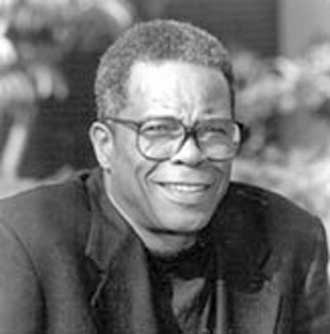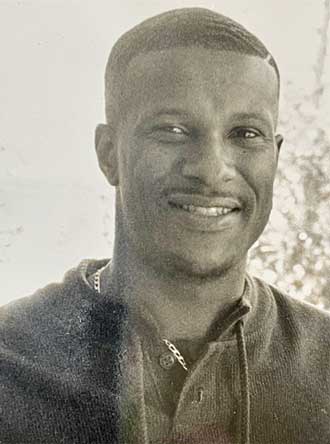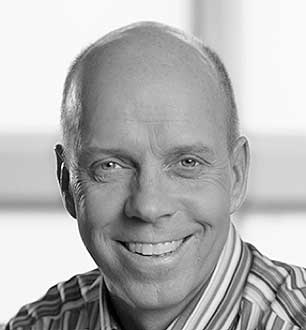The Chandler Foundation Courage Award
The Foundation recognized and honored athletes who have been inspirational in facing the challenges of cancer.

Rod Carew
Rodney Cline Carew (born October 1, 1945) is a Panamanian former Major League Baseball (MLB) first baseman, second baseman and coach who played from 1967 to 1985 for the Minnesota Twins and the California Angels. The greatest contact hitter in Twins history, he won the 1977 AL Most Valuable Player Award, setting a Twins record with a .388 batting average. Carew appeared in 18 straight All-Star Games and led the AL in hits three times, with his 239 hits in 1977 being the twelfth most in a season at the time. He won seven AL batting titles, the second most AL batting titles in history behind Ty Cobb, and on July 12, 2016 the AL batting title was renamed to the Rod Carew American League batting title.
On August 4, 1985, Carew became the 16th member of the 3,000 hit club with a single to left field off Frank Viola. He was elected to the National Baseball Hall of Fame in 1991 in his first year of eligibility; he appeared on upwards of 90 percent of the ballots. He was also elected to the Caribbean Baseball Hall of Fame, Minnesota Twins Hall of Fame, and Angels Hall of Fame.
In September 1995, his youngest of three daughters, Michelle, was diagnosed with acute myeloid leukemia, a relatively rare leukemia for a young person. Doctors wanted to perform a bone marrow transplant, but Michelle’s rare ethnic heritage complicated the search for a matching donor; her father was black with West Indian and Panamanian roots and her mother was of Russian-Jewish ancestry. Carew pleaded for those of similar ethnic background to come forward. When no matching bone marrow donor was found, an umbilical cord blood transplant was performed in March 1996. Michelle died on April 17, 1996 at the age of 18. A statue of her has been installed in Angel Stadium of Anaheim.
After retiring as a player, Carew served as a coach for the Angels and the Milwaukee Brewers.

Eric Davis
Eric Keith Davis (born May 29, 1962) is an American former center fielder for several Major League Baseball (MLB) teams, most notably the Cincinnati Reds, to which he owes his nickname Eric the Red. Davis was 21 years old when he made his major league debut with the Reds on May 19, 1984. Davis spent eight seasons with the Reds and later played for the Los Angeles Dodgers, Detroit Tigers, Baltimore Orioles, St. Louis Cardinals, and San Francisco Giants. A right-handed batter and fielder, Davis was blessed with a mesmerizing combination of athletic ability, including excellent foot and bat speed, tremendous power, and superlative defensive acumen. He became one of baseball’s most exciting players during his peak, achieving a number of rare feats. In 1987, he became the first player in major league history to hit three grand slams in one month and the first to achieve at least 30 home runs and 50 stolen bases in the same season.
In 1996, Davis successfully restarted his baseball career with the Reds and was named the comeback player of the year. He moved to the Orioles and, despite fighting colon cancer, he had one of his best statistical seasons in 1998. Injuries again slowed Davis over the next few seasons, and he retired in 2001.

Scott Hamilton
Scott Scovell Hamilton (born August 28, 1958) is a retired American figure skater and Olympic gold medalist. He won four consecutive U.S. championships (1981–84), four consecutive World Championships (1981–84), and a gold medal in the 1984 Olympics. His signature move is a backflip, a feat that few other figure skaters could perform that is against U.S. Figure Skating and Olympic competition rules, but he included in his exhibition routines as an amateur to please the crowd and in his professional competition routines. He is also recognized for his innovative footwork sequences. In retirement, he has been involved in charitable work and is the author of three books.
Hamilton had a much-publicized battle with testicular cancer. He made a return to skating after his treatment and his story was featured in magazines and on television. In 2004, it was discovered that Hamilton had a benign brain tumor, which was treated at the Cleveland Clinic.
In 2010, Hamilton had brain surgery to prevent the recurrence of the benign tumor discovered in 2004. The surgery was successful. In 2016, Hamilton announced that he had received his third brain tumor diagnosis. In late March 2017, he stated that the tumor had shrunk without chemo (1981–84).
